In this ultimate gardening guide for beginners, the first step is to understand the benefits of plants for health and well-being. Gardening is not only a way to beautify your surroundings but also a means to improve your mental health and reduce stress. It allows you to connect with nature and provides a sense of accomplishment when your hard work pays off in the form of a beautiful garden.
Key Takeaways
- Gardening has many benefits for mental health and well-being.
- Planning ahead is key to a successful gardening experience for beginners.
- The right tools and enriched soil are essential for healthy plant growth.
- Choosing the right plants based on environment, size, and sun/shade requirements is crucial.
- Starting a vegetable garden is a great way to get started with gardening.
Planning and Surveying Your Yard
Planning ahead and surveying the yard are essential for a successful garden. Before diving into the exciting world of gardening, it’s important to assess your yard’s sunlight, shade, wind, drainage, water access, foot traffic, and soil profile. So, grab a notebook and a pen, and let’s get started!
| Factors to Consider: | How to Survey: |
|---|---|
| Sunlight and Shade | Take note of the areas in your yard that receive direct sunlight, partial shade, or full shade throughout the day. |
| Wind | Observe the areas that are windier or calmer than others. This can impact plant growth and watering needs. |
| Drainage | Look for areas that are prone to flooding or standing water after rain. These areas require special attention when planting. |
| Water Access | Identify the areas where you have access to water, such as outdoor faucets or a nearby hose. This will impact where you place your garden. |
| Foot Traffic | Take note of high traffic areas in your yard, such as walkways or play areas. This can impact where you place plants and garden beds. |
| Soil Profile | Collect soil samples from different areas of your yard and have them tested for pH level and nutrient content. This will help you determine what type of plants will grow best in each area. |
Now that you have a better understanding of your yard’s features, it’s time to invest in the right tools for a successful garden. Basic tools such as gloves, pruning shears, a rake, and a watering can are essential for any gardener, especially beginners. These tools will make planting and caring for your garden much easier and more efficient.
Enriching the soil is also important for successful gardening. You can do this by adding compost and organic matter to the soil to improve its nutrient content and structure. This will lead to healthier and more productive plants.
Finally, when choosing plants for your garden, it’s important to consider factors such as environment, mature size, sun/shade requirements, and resistance to diseases. This will ensure that your plants will thrive in their designated areas and create a beautiful and diverse garden.
Investing in the Right Tools
Investing in the right tools is crucial for successful gardening. With the appropriate tools, gardening becomes easier, safer, and more efficient. As a newcomer, it’s essential to focus on the basics that will complement specific gardening tasks.
Essential basic gardening tools include gloves, pruning shears, loppers, fork, rake, trowel, hoe, watering can, garden hose, shovel, spade, and wheelbarrow. These tools will help you till the soil, plant seeds, remove weeds, and water your plants.
It’s important to purchase high-quality tools that fit within your budget. Investing in durable and efficient tools will save you money and time in the long run. Maintaining them regularly is also crucial to ensure that you get the most out of your investment. Keep your tools clean, sharp, and properly stored to prolong their lifespan.
Enriching the soil with compost and organic matter is also essential for a thriving garden. Compost is a natural fertilizer that provides essential nutrients to the soil, improves soil structure, and promotes healthy plant growth. You can create your own compost by recycling kitchen waste, grass clippings, and leaves. Additionally, you can purchase organic matter such as peat moss, aged manure, or mushroom compost from garden centers.
Choosing the right plants is another crucial aspect of successful gardening. Consider the environmental conditions, mature size, sun/shade requirements, flowering season, upkeep, and resistance to diseases and parasites when selecting plants for your garden. Starting with a small garden and growing what you and your family enjoy eating is a good approach for beginners.
It’s also important to choose a sunny and well-drained location for your garden. Most plants require at least six hours of sunlight per day, so make sure to select a spot that receives enough light. A well-drained location will prevent waterlogging and root rot.
By investing in the right tools and following these beginner-friendly gardening tips, you can create a beautiful and productive garden that you can be proud of.
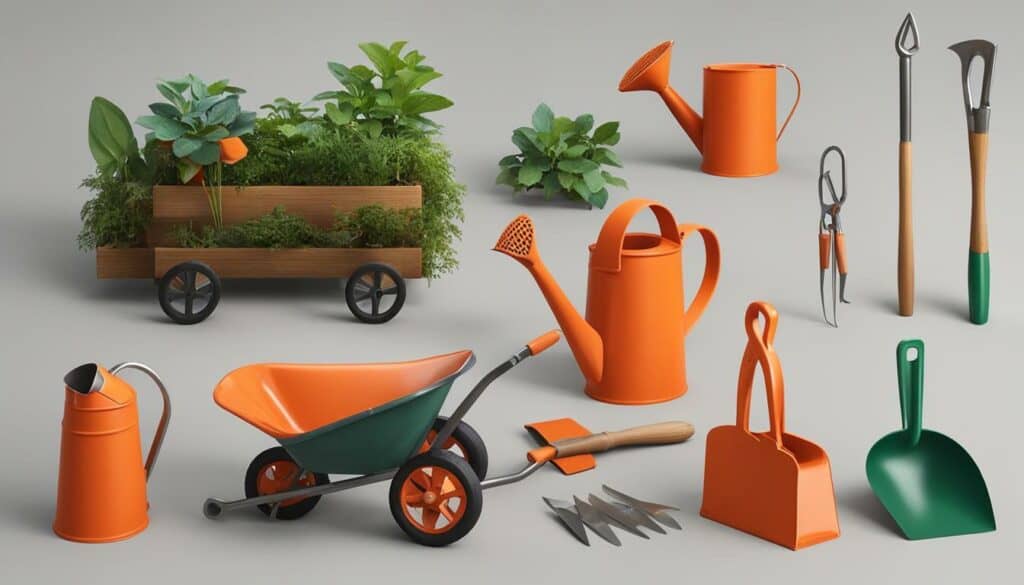
Enriching the Soil
Enriching the soil with compost and organic matter is crucial for healthy plants. Before starting your garden, it is important to assess the existing soil conditions in your yard and determine its nutrient content through soil testing. If the soil lacks nutrients, regular application of compost and organic matter can help improve its condition.
One way to enhance soil quality is to use weed suppressing chunky mulch. This will not only help suppress weeds but also add organic matter to the soil as it decomposes over time. Chunky mulch can be used in low maintenance landscape gardens, making it a great option for beginners.
When choosing plants for your garden, consider environmental suitability, mature size, sun/shade requirements, and resistance to diseases and pests. These factors can contribute to a thriving garden and help ensure that your plants will grow healthy and strong.
Starting with a small garden and gradually expanding is recommended for beginners. By following these guidelines, you can enrich the soil and create a successful garden.
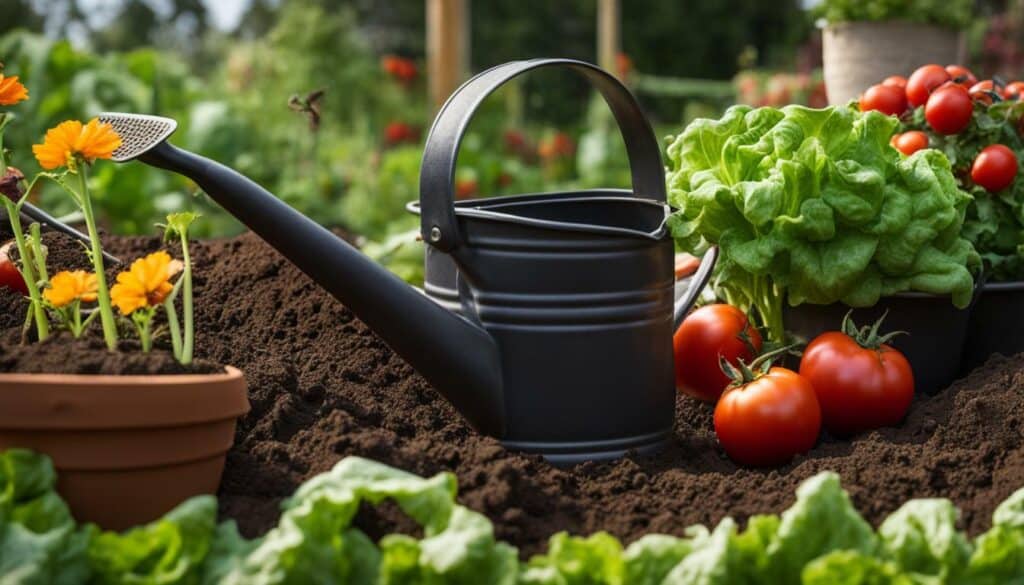
Enriching the soil is an essential aspect of successful gardening. It is important to assess the existing soil conditions and determine its nutrient content through soil testing. Regular application of compost and organic matter can help improve soil condition, and the use of weed suppressing chunky mulch can enhance soil quality. Choosing the right plants for your garden can also contribute to a thriving garden. By starting small and following these guidelines, you can create a successful garden and enjoy the fruits of your labor.
Choosing the Right Plants
Choosing the right plants for the garden based on sunlight, space, and environment is important. Besides aesthetics, the health benefits of plants, such as improving air quality, boosting memory, and relieving stress, are worth considering.
Planning ahead and surveying the land will help you determine what plants will thrive in your yard. Take note of the amount of sunlight different areas of your garden receive and the type of soil present. This will help you select plants that are suitable for your specific environment.
| Factors to consider when choosing plants: |
|---|
| Climate |
| Sunlight requirements |
| Flowering season |
| Resistance to diseases |
Investing in the right tools, like gloves, a hand trowel, and a watering can, will make gardening easier and more enjoyable. Proper maintenance of tools is also important to ensure they last longer.
Enriching the soil with compost and organic matter is crucial for healthy and productive plants. Consider starting with a small garden and selecting easy-to-grow vegetables, like tomatoes, peppers, and cucumbers, to gain confidence and experience. It is important to choose vegetables that you and your family enjoy eating and consider the availability of those vegetables in your area.
When planting vegetables, consider the right time and location. Starting in spring or early summer is best for most vegetables. Plant in areas where plants will receive adequate sunlight and leave enough space for pathways. With these tips in mind, you’ll be able to choose the right plants for your garden and enjoy a bountiful harvest.
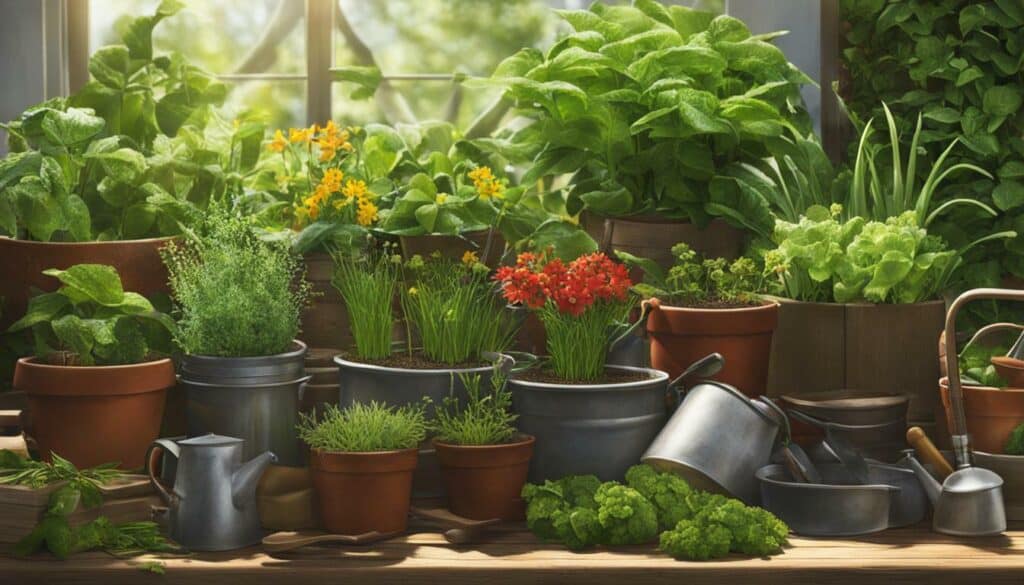
Resources for Further Learning
If you’re looking to expand your knowledge and skills in gardening, there are many online sources and guides available that can help you. One great resource is articles on the health benefits of gardening, planning your garden, and finding inspiration from expert catalogs. These articles can provide you with valuable information on how to get started and how to keep your garden healthy and thriving.
Another useful resource is a comprehensive guide that covers the basics of gardening for beginners. This guide offers tips on choosing the right tools, enriching the soil, and selecting the right plants for your garden. It also provides guidance on starting a vegetable garden, including choosing the right location, determining the size of your garden, and selecting easy-to-grow vegetables.
Additionally, local horticulture organizations can provide more specific information on plants that thrive in your area. This can be especially helpful when deciding what to plant in your garden based on your climate and environment.
The guide also provides a beginner’s gardening checklist to help you keep track of the essential tasks and items needed for a successful garden. By using these resources and tips, you can become a confident and knowledgeable gardener in no time.
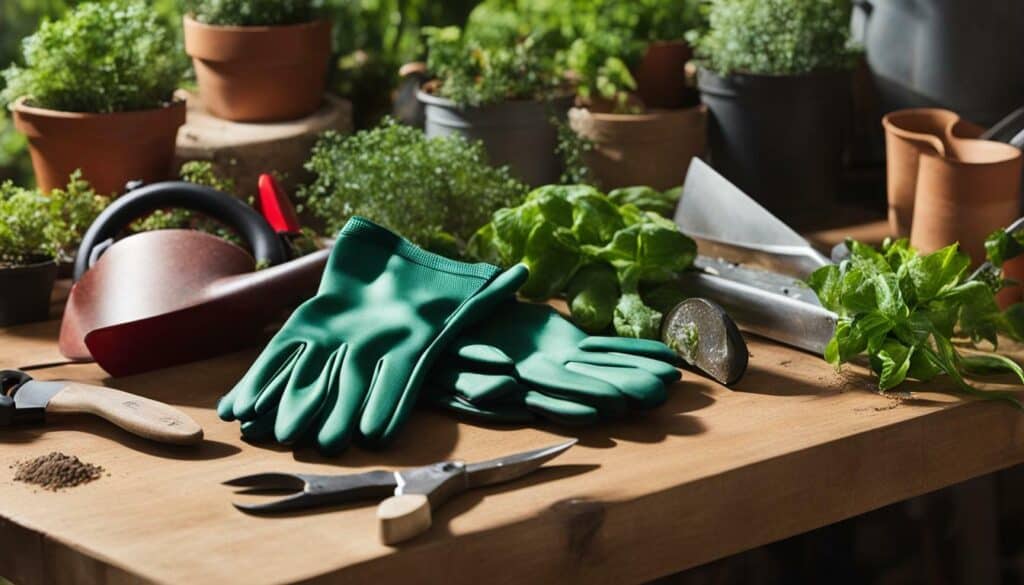
“Gardening is a learning process. You never know everything there is to know. But, that’s the fun part – always learning and trying new things!” – Anonymous
Tips for Starting a Vegetable Garden
Starting a vegetable garden can seem daunting, but with the right tools and guidance, it can be a fun and rewarding experience. It emphasizes the importance of picking a sunny location, starting with a small garden, and planting vegetables that you and your family enjoy. Here are some tips to get you started:
| #1 | Get to know your yard and plan it out Assess factors like sunlight, shade, wind, drainage, and soil profile. Make a list of available gardening resources. Consider creating a garden around a theme to make smart choices and create a well-integrated garden. |
|---|---|
| #2 | Invest in the right tools Invest in the right tools that fit within your budget and maintain them regularly. Focus on basic gardening tools like gloves, pruning shears, loppers, and a watering can. |
| #3 | Enrich the soil Add compost and organic matter regularly. Use a soil testing kit to diagnose any nutrient deficiencies. Consider using a surface layer of mulch for low-maintenance gardens. |
| #4 | Choose the right plants for your garden Consider your environment, the mature size of plants, sunlight requirements, flowering season, upkeep, and resistance to diseases and pests. Native shrubs and groundcovers can be suitable for harsh conditions. |
| #5 | Create a garden plan Make a list of the vegetables you and your family enjoy eating. Consider the size of your garden plot, whether it’s in the ground or raised beds. Start small and only grow what you can manage. |
| #6 | Pick easy vegetables to grow for beginners Lettuce, green beans, radishes, tomatoes, zucchini, peppers, beets, carrots, chard, spinach, kale, and peas are all good options. Mix in flowers like marigolds for pest control and pollinator attraction. |
| #7 | Choose a sunny location for your garden Pick a spot with well-draining soil. Avoid areas with strong winds, foot traffic, or poor drainage. Ensure your soil is nutrient-rich by adding organic matter. |
| #8 | Plant your vegetables at the right time Plant your vegetables according to their growing seasons. Consider the spacing and placement of each plant in your garden to maximize sunlight and prevent shading of other plants. |
By following these tips, beginners can successfully start and maintain a vegetable garden. It can be a rewarding and satisfying hobby that allows you to enjoy fresh, homegrown produce.
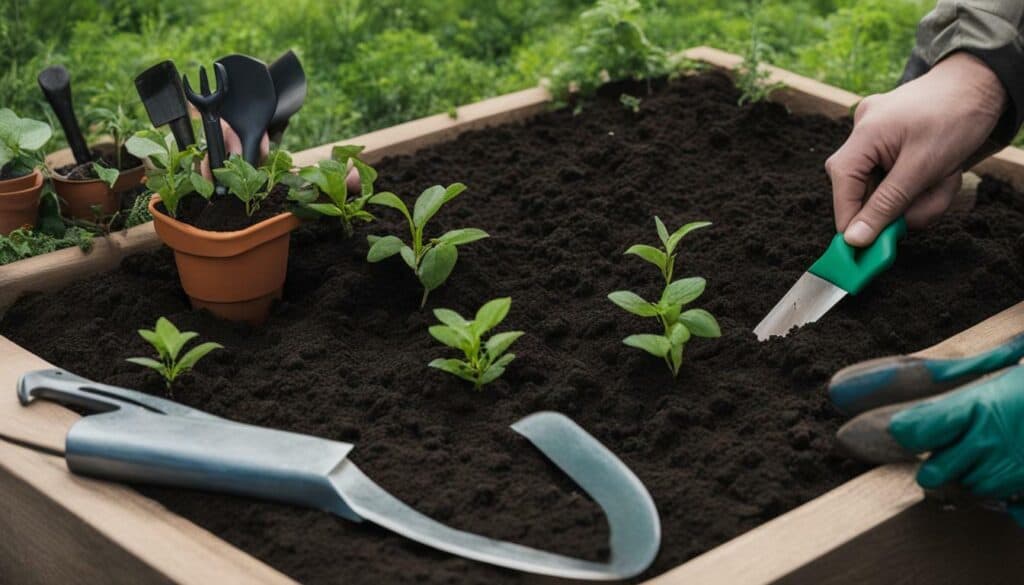
When to Plant Different Vegetables
The guide also provides information on when to plant different vegetables. When it comes to planting vegetables, timing is everything. Some vegetables need to be planted early in the season, while others should be planted later on when the weather is warmer. Here are some general guidelines for when to plant some of the most popular vegetables:
| Vegetable | Planting Time |
|---|---|
| Lettuce | Early Spring/Fall |
| Green Beans | After Last Frost |
| Radishes | Early Spring/Fall |
| Tomatoes | Late Spring/Summer |
| Zucchini | Late Spring/Summer |
| Peppers | Late Spring/Summer |
| Beets | Early Spring/Fall |
| Carrots | Early Spring/Fall |
| Chard | Early Spring/Fall |
| Spinach | Early Spring/Fall |
| Kale | Early Spring/Fall |
| Peas | Early Spring/Fall |
It’s also important to check your local climate and growing zone to ensure you’re planting at the right time. Your local garden center or agricultural extension office can provide more information on planting times specific to your area.
In conclusion, by choosing the right location, starting small, and planting at the appropriate time, you can ensure a successful vegetable garden. With a little time and effort, you’ll be able to enjoy fresh and nutritious vegetables grown right in your backyard. Happy gardening!
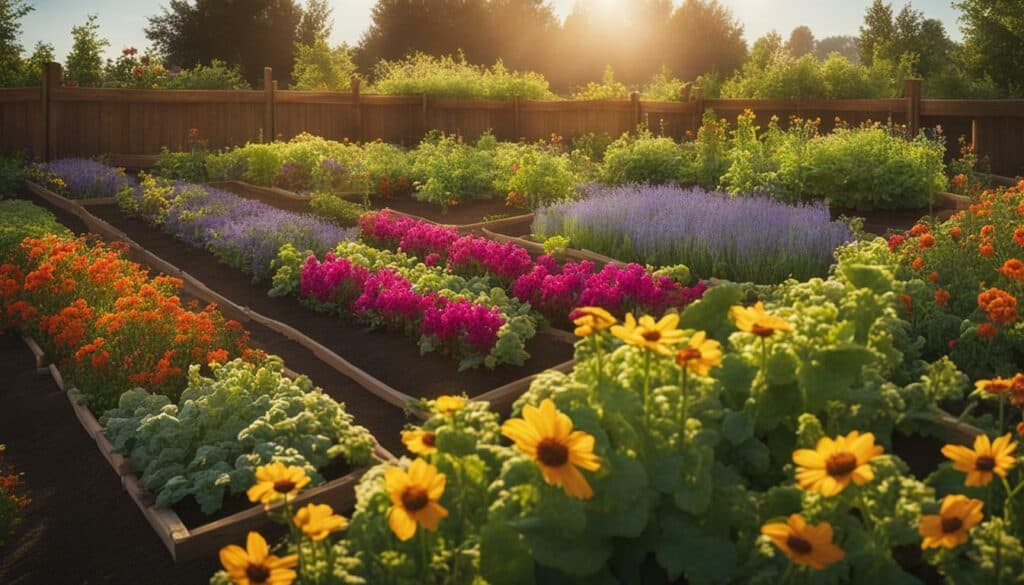
Conclusion
In conclusion, this ultimate gardening guide for beginners equips you with the knowledge and tips to cultivate your green thumb and create a personal Eden right at home. Gardening is an excellent hobby that provides numerous health benefits, such as reducing stress and improving mental health. Starting a garden is not a difficult task, and with some careful planning, anyone can create a beautiful garden with a variety of plants.
It’s crucial to plan ahead and be organized when starting a garden. Surveying your yard and understanding factors such as sunlight, shade, and soil composition are essential when deciding what plants to grow. Investing in the right tools, such as gloves, pruning shears, and a watering can, can make gardening easier and more enjoyable.
Enriching the soil with compost and organic matter is also crucial for healthy plant growth. Choosing the right plants for your garden, considering factors such as environment, mature size, and sun/shade requirements, is essential. Starting small and only growing what you know you will eat is recommended, as it prevents overwhelming yourself with too much to take care of.
Selecting a suitable location for your garden, ensuring it has good drainage and receives enough sunlight, is crucial for the success of your plants. And remember, with proper planning and care, gardening can be a fulfilling and enjoyable activity.
So, start your gardening journey today with confidence! With the knowledge gained from this beginner-friendly gardening advice, you can create a beautiful and thriving garden that brings joy and peace to your home.
FAQ
Q: What are the benefits of gardening for health and well-being?
A: Gardening has many benefits, including stress reduction, improved mood, increased physical activity, and the opportunity to connect with nature.
Q: Why is planning and surveying the yard important before starting a garden?
A: Planning and surveying the yard allows you to understand the space, sunlight, and environment, helping you choose the right plants and create a successful garden.
Q: What tools do I need as a beginner gardener?
A: Essential tools for beginner gardeners include gloves, pruning shears, and a watering can. These tools will make gardening tasks easier and more enjoyable.
Q: Why is enriching the soil important for healthy plants?
A: Enriching the soil with compost and organic matter provides essential nutrients for plant growth, improves soil structure, and promotes beneficial soil organisms.
Q: How do I choose the right plants for my garden?
A: Consider factors such as sunlight, space, and the environment when selecting plants. Choose plants that thrive in your specific conditions to ensure their success.
Q: Where can I find further resources to learn more about gardening?
A: There are many resources available, such as books, online articles, and gardening classes, to help you continue your gardening education and improve your skills.
Q: What are some tips for starting a vegetable garden?
A: Start with a sunny location, begin with a small garden, and plant vegetables that you and your family enjoy. This will increase your chances of a successful and enjoyable vegetable garden.
Q: When should I plant different vegetables?
A: The timing of planting vegetables depends on the growing season and climate in your area. Consult local gardening resources or guides to determine the best time for each specific vegetable.
What Is Included in the Ultimate Gardening Set Up Guide for Mastering Your Green Thumb?
The ultimate green thumb gardening setup guide is all you need to unlock the secrets of successful gardening. From selecting the ideal soil and understanding plant nutrition to choosing the right tools and creating an efficient watering system, this comprehensive guide covers it all. With expert tips on pest control, pruning techniques, and year-round care, you’ll be well on your way to becoming a master gardener. Embrace your green thumb and transform your garden into a flourishing paradise with this indispensable guide.
Source Links
- https://www.ozbreed.com.au/the-ultimate-gardening-guide-1-practical-advice-for-beginners/
- https://www.almanac.com/vegetable-gardening-for-beginners
- https://www.artfulhomemaking.com/gardening-for-beginners/
- https://www.goodnet.org/articles/ultimate-beginners-guide-to-starting-garden
- https://www.almanac.com/landscape-design-ideas-and-advice-beginners
- https://www.bhg.com/gardening/landscaping-projects/landscape-basics/landscape-layout-for-beginners/
- https://www.gardendesign.com/how-to/tools.html
- https://www.gardenerbasics.com/blog/garden-tools-and-their-uses
- https://www.insider.com/guides/hobbies-crafts/gardening-for-beginners
- https://www.ez-screen.com/garden-soil-101
- https://www.almanac.com/soil-preparation-how-do-you-prepare-garden-soil-planting
- https://www.onsuttonplace.com/gardening-tips-for-beginners/
- https://miraclegro.com/en-us/gardening-101/10-top-gardening-tips-for-beginners.html
- https://www.realhomes.com/advice/how-to-choose-plants-for-your-garden
- https://www.yougrowgirl.com/resources/beginner-gardening-guide/
- https://acultivatednest.com/15-resources-for-the-beginner-gardener/
- https://www.gardeningknowhow.com/edible/vegetables/vgen/starting-vegetable-gardens-guide.htm
- https://youshouldgrow.com/vegetable-gardening-tips-for-beginners/
- https://content.ces.ncsu.edu/home-vegetable-gardening-a-quick-reference-guide
- https://www.realsimple.com/home-organizing/gardening/outdoor/month-by-month-vegetable-gardening-guide
- https://greatist.com/connect/beginners-guide-to-gardening
- https://www.theartofsimple.net/5-gardening-basics-for-beginners/
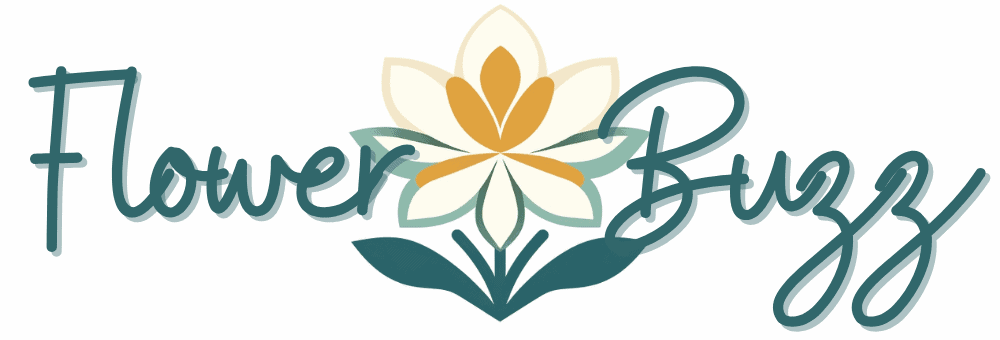
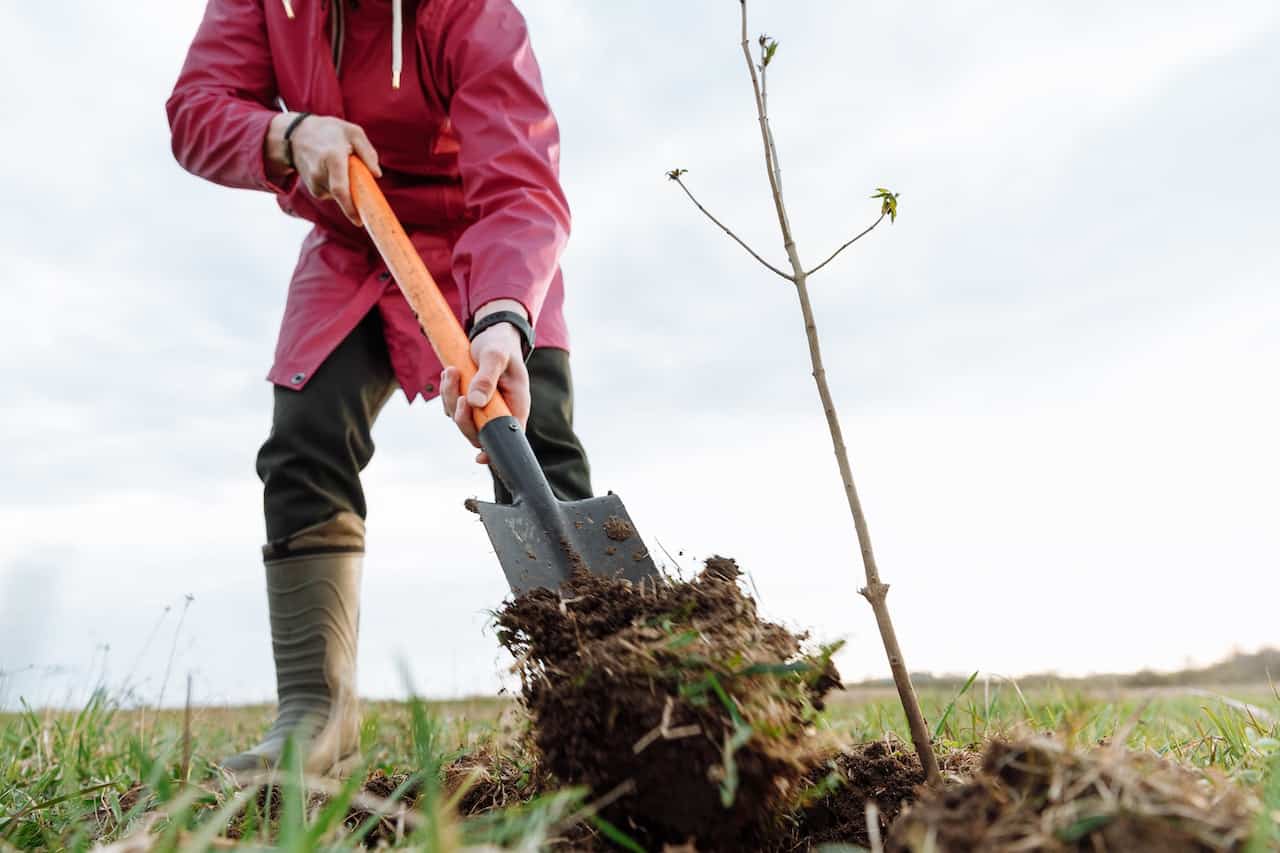
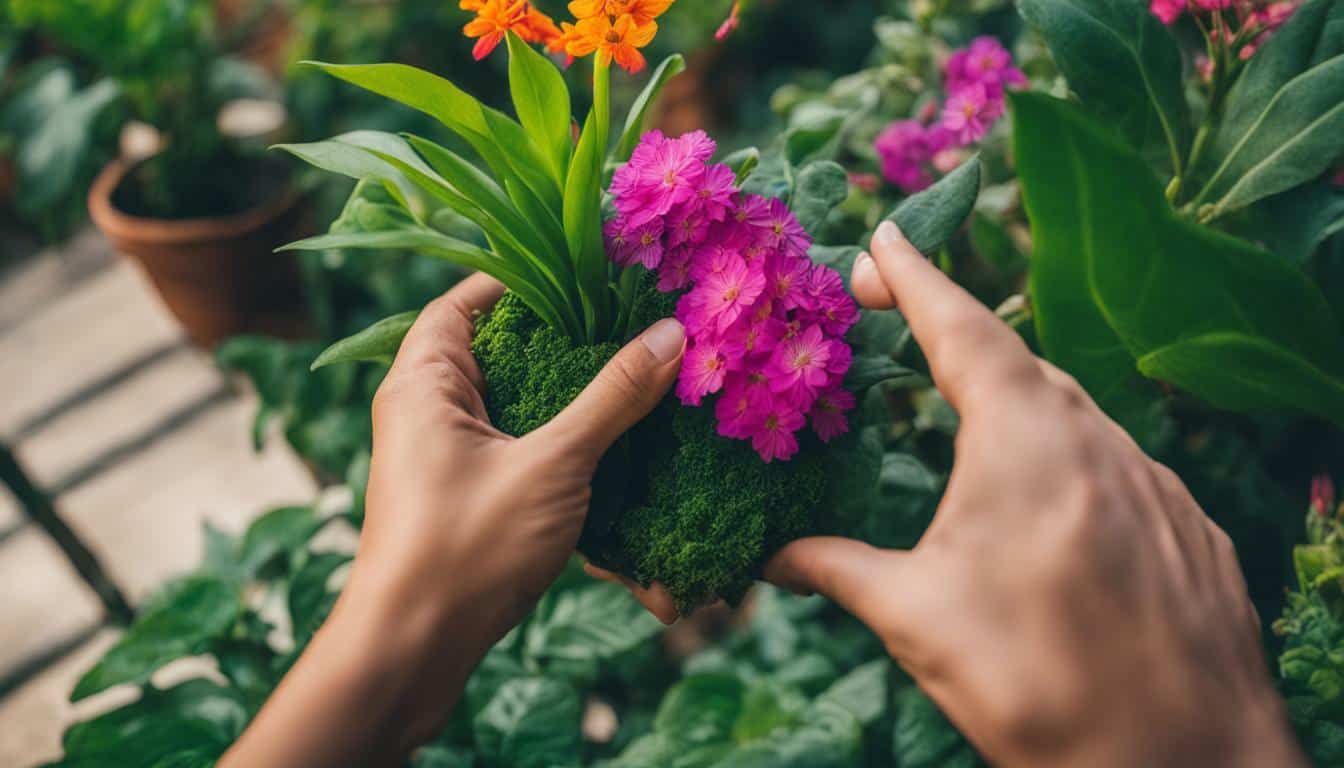
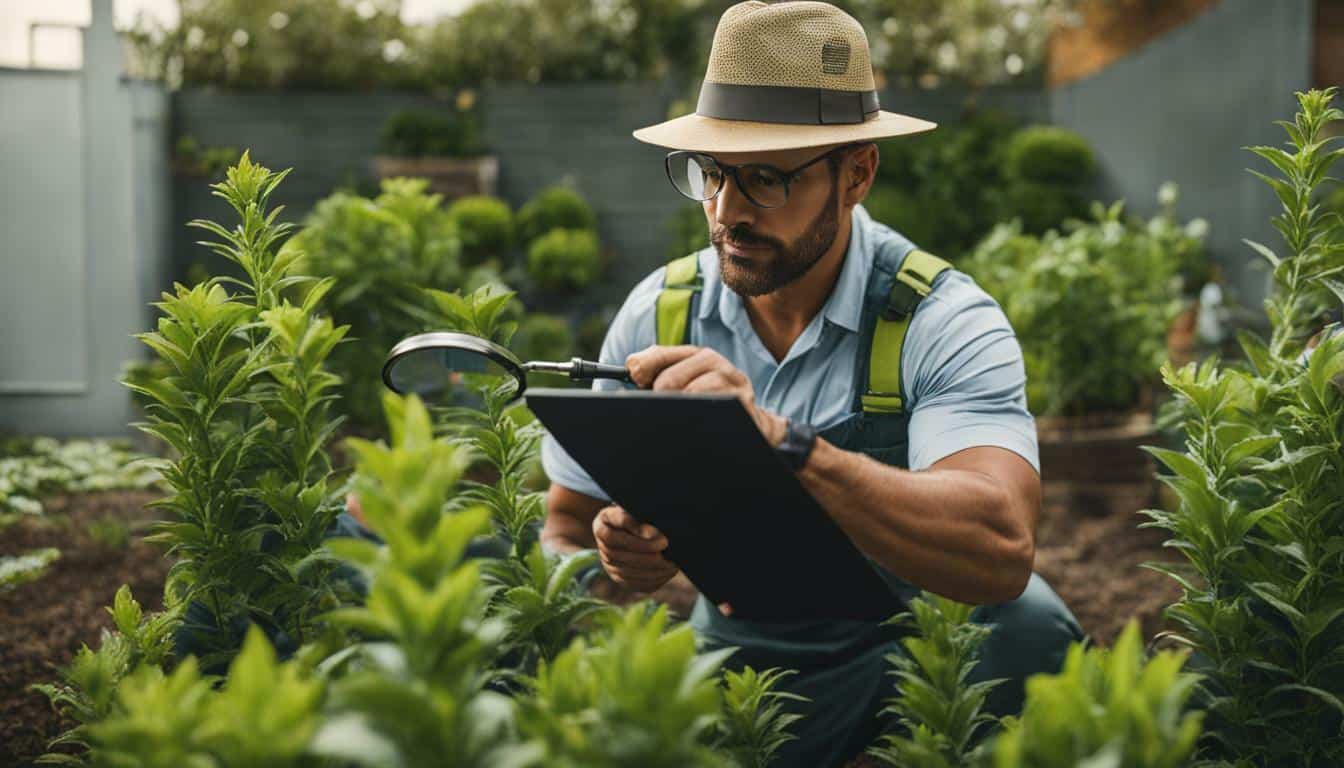

Leave a Reply